Edward C. Caslin – Trauma Recovery for Children & Adolescents
$200.00 Original price was: $200.00.$75.05Current price is: $75.05.
Child and adolescent victims of trauma, single episode or recurrent, are struggling to survive devastating and quite often unthinkable horrific experiences.
Edward C. Caslin – Trauma Recovery for Children & Adolescents
- Signs to look for– microfacial gestures and subtle body cues
- Physiological relief from trauma hyper-arousal
- Decrease – frontal lobe activity, cortisol production, anxiety/ worry thinking
Child and adolescent victims of trauma, single episode or recurrent, are struggling to survive devastating and quite often unthinkable horrific experiences. Our goal is to insure that we prevent re-traumatization and hyper-arousal by employing time-proven and research driven effective therapeutic strategies.
Join Edward Caslin, LCSW, as he shares his clinical expertise in working with kids, both urban and suburban, facing single and recurrent traumas from:
- PTSD
- Physical/emotional/domestic violence
- Separation/divorce
- Suicidal ideation
- Harassment/bullying
- Shootings/bodily harm
- Homelessness
- Perpetuated messages of over-achievement & performance
He will show you how to treat kids to recognize their physiological responses to everyday triggers without re-activating their trauma arousal response to such stimuli through body focused mindfulness techniques. You will learn how to best help kids develop the necessary self-employed coping skills to contend with current and future situations. Kids will learn to choose to respond, not react, to daily trauma arousal stimuli and triggers through:
- Relaxation breathing
- Yoga
- Deep breathing
- Tai Chi
- Guided Imagery meditation
- Chi Gong
- Individual meditation
- Aerobic body movement
- Fun, simplistic activities and games
This course provides clinicians a change in assessment perspective validating adoption of time proven alternative approaches for expedient and effective trauma treatment of kids!!
- Explain the effects of trauma, with a developmental and psychological perspective, on the structure and function of the brain.
- Recognize the signs, behaviors and symptoms associated with traumatic stress.
- Identify the effects of trauma on the brain-body connection, and how body mindfulness helps for healing, resilience and growth.
- Implement body mindfulness techniques to foster positive and solution oriented decision making.
- Explain how to support kids in identifying triggers to make positive solution-based choices.
- Identify a positive solution oriented approach to emotional triggers when teaching body mindfulness.
Would you like to receive Edward C. Caslin – Trauma Recovery for Children & Adolescents ?
Trauma & Stress-Related Disorders in Kids
- Post-Traumatic Stress Disorder (PTSD)
- Reactive Attachment disorders
- Acute Stress disorders
- Disinhibited Social Engagement Disorder
- OCD – Obsessive Thinking / Compulsive Behavior
The Traumatized Brain and Neuroscience
- Symptomology, skill deficits and behavioral concerns
- Developmental, psychological and neuro-biological lens
- High-risk, pre-cognitive, episodic, recurrent
- Triune Brain Model – lobes of the brain
- Re-traumatization and hyper-arousal
- Sensitized brain and conditioned cues
- Bodily reactions and biological changes
- Attachment, embodiment, self-regulation and resilience
- Interoception – “gut instinct” – intuitiveness
Mindfulness Techniques to Repair the Brain
- Rewire the brain’s hard drive
- Neuro-Integration and Neuroplasticity
- Rapport, hope and compassion
- Interoception: connecting / listening to the “I” within the body
- Tuning In: present moment awareness
- Focusing: mastery of maintaining and shifting attention
- Self-regulation: embodiment, control, safety and choice to live
Mindfulness Techniques to Repair the Body
- Breathing: our body anchor
- Embodiment: movement with purpose
- Relaxation: to soothe the Autonomic Nervous System (ANS)
- Kindness: nurturing compassion for self and others
- Trauma resiliency: yoga, tai chi, chi gong, meditation, imagery, breathing, exercise
Ultimate Trauma Recovery
- Relaxation: to soothe the Autonomic Nervous System (ANS)
- Kindness: nurturing compassion for self and others
Be the first to review “Edward C. Caslin – Trauma Recovery for Children & Adolescents” Cancel reply
Related products
Health & Medical
Health & Medical
Peter H Addy – Psychedelics, Hallucinogens and Entheogens – What Clinicians Need to Know
Health & Medical
Health & Medical
Kate Freeman – Heart Of Releasing – Healthy Body, Beautiful Being
Health & Medical
Health & Medical
Health & Medical
Malka Stromer – Point of Care Ultrasound Course – Diagnose the Critical Issues Faster!



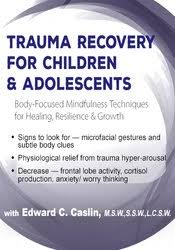
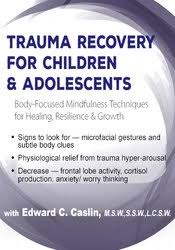
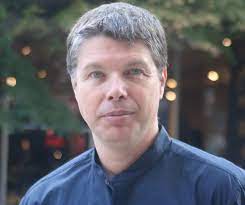
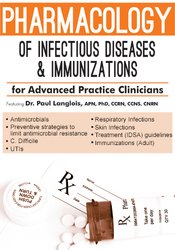
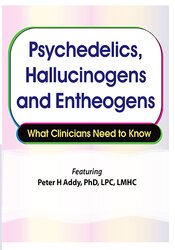
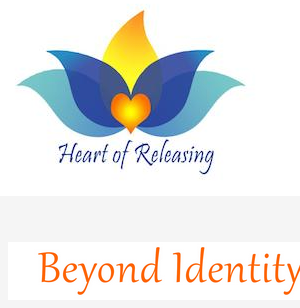
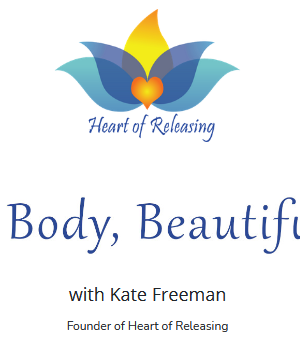
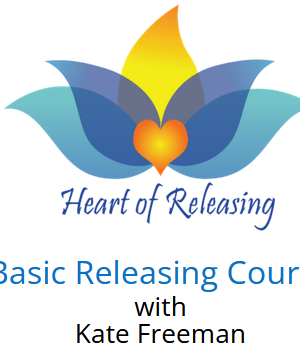
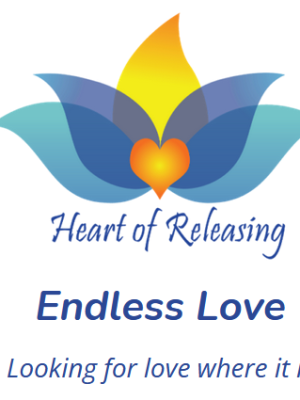
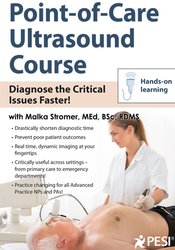
Reviews
There are no reviews yet.